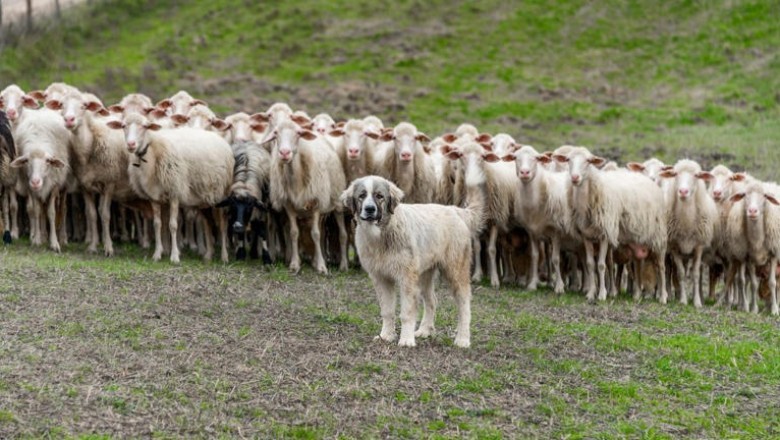The decision of the Administrative Court raises concerns and questions the effectiveness of livestock guardian dogs in protecting animals, especially in areas with large predator populations. Livestock guardian dogs have long been used as a non-lethal method of predator control, effectively deterring predators such as wolves, coyotes, and bears from attacking livestock.
One of the main advantages of using livestock guardian dogs is their constant presence with the herd, providing a deterrent to potential predators. This reduces the risk of predator attacks, decreases livestock stress levels, and ultimately leads to healthier and more productive animals. In regions where wolves have made a comeback, their reintroduction has often resulted in increased conflicts between livestock and predators, making the need for livestock guardian dogs even more essential.
However, the decision made by the Administrative Court compromises the safety and well-being of the farmer's livestock. Confining the dogs during specific hours leaves the animals vulnerable to potential attacks during the night when they are most likely to occur. Despite the presence of a stable and electric fence, it is well-known that determined predators can find ways to penetrate such barriers. Livestock guardian dogs act as an additional line of defense, providing an active response to potential threats.
The argument that the dogs' barking is "unbearable" does not acknowledge the vital role these dogs play in protecting the livelihoods of farmers. Livestock guardian dogs have been bred and trained for generations to be vigilant and protective of their charges. Barking is an integral part of their job. It serves as a warning signal to predators, letting them know that they have been detected and that the herd is not an easy target. By restricting the dogs' ability to bark, their effectiveness as guardians is significantly diminished.
Certification of livestock guardian dogs could be a potential solution to address the concerns raised by the court. Certification programs exist in many countries, ensuring that the dogs are properly trained and evaluated for their suitability as guardians. By certifying the dogs, their behavior and effectiveness can be more objectively assessed, potentially alleviating the concerns of the neighbors and the court.
Furthermore, dialogue and education are crucial in resolving conflicts between farmers and their neighbors. It is essential to explain the role and importance of livestock guardian dogs in protecting livestock and maintaining the ecological balance. This can help foster understanding and cooperation, leading to mutually beneficial solutions.
In conclusion, the decision of the Administrative Court to restrict the use of livestock guardian dogs raises concerns about the safety of farmers' livestock in areas with large predator populations. Livestock guardian dogs play a vital role in protecting animals, and their barking is an essential part of their job. Certification programs and education can help address concerns and improve understanding between farmers and their neighbors, ensuring that livestock can be protected effectively. Balancing the needs of farmers, their neighbors, and the welfare of the animals should be a priority to create a sustainable coexistence between humans and predators.





















Comments
0 comment